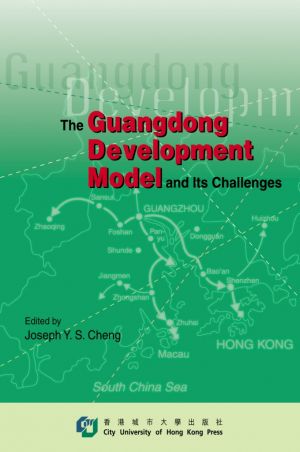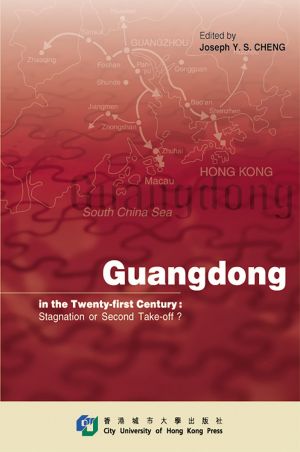The Use of Mao and the Chongqing Model
MAO Zedong was a Chinese communist leader and founder of the People's Republic of China. He developed his own ideology and methodology known as Maoism or Mao Zedong Thought, and his thought has a great influence in China or even overseas.
This book aims at bringing together a group of scholars to address the uses of Mao in China (PRC) today with special reference to the Bo Xilai case. It also provides insights and detail on how and what we know about modern China. Contributing authors, including a number of French scholars, illustrate how Maoism influences and engages in government, business sector or social life.
This timely volume will be of considerable interest to scholars, journalists, and those keen to better understand the changing values in China today.
The theme of the conference “The Uses of Mao in Contemporary China: The Meaning and Purposes of an Icon” was chosen because the organizers believed that Mao still occupies significant place in the current intellectual and cultural debates in China. Mao has also been adapted and exploited in different contexts by various groups in the pursuit of their respective interests. Considering the uses of Mao will certainly contribute to a better understanding of the changing values in China today and its political, economic, social and cultural scene. The fruitful discussions in the conference led to the decision to publish this volume.
As editor, I must thank Sebastian Veg and his colleagues at the CEFC as well as Jean-Pierre Cabestan of the Hong Kong Baptist University for their superb efforts in the planning and organization of this conference. My gratitude also goes to those who presented papers and actively participated in the discussions at the conference. In the publication of this book, the City University of Hong Kong Press and especially Edmund K. Y. Chan have offered valuable assistance. I alone should be responsible for the inadequacies.
1. Introduction
—Joseph Y. S. CHENG
2. Mao Zedong in Contemporary Chinese Official Discourse and History
—Arif DIRLIK
3. Business, Protest, Repression —The Eclectic Uses of Mao in Contemporary China
—Jean-Philippe BéJA
4. The Maoist Revival and the Conservative Turn in Chinese Politics
—Willy LAM
5. Repackaging Mao in Times of Uncertainty
—Ben XU
6. The Mao Generation at the Helm — What Difference Could It Make? Will They Still Make Use of Mao, and How?
—Michel BONNIN
7. Maoism and the Quest for Democracy in China
—Torbj?rn LODéN
8. The “Chongqing Model” — What It Means to China Today
—Joseph Y. S. CHENG
9. In The Red 2.0 — Online Reactivation of Maoist Mobilization Methods and Propaganda
—émilie TRAN
10. Propaganda and Pastiche — Visions of Mao in The Founding of a Republic, Beginning of the Great Revival and Let the Bullets Fly
—Sebastian VEG
11. Renegotiating the Traumatizing Experiences — Reemploying Images of Mao in Contemporary Art
—Minna VALJAKKA







